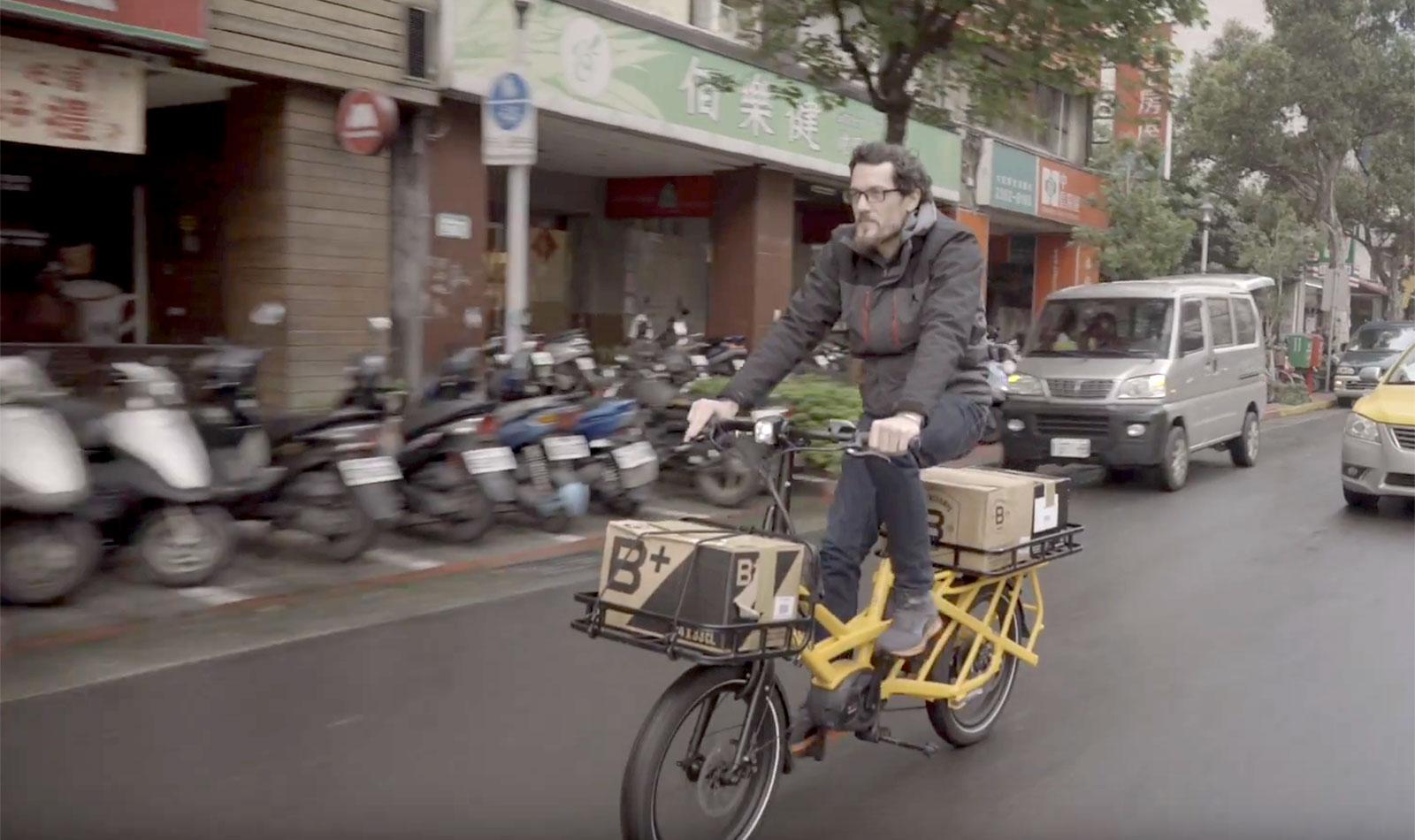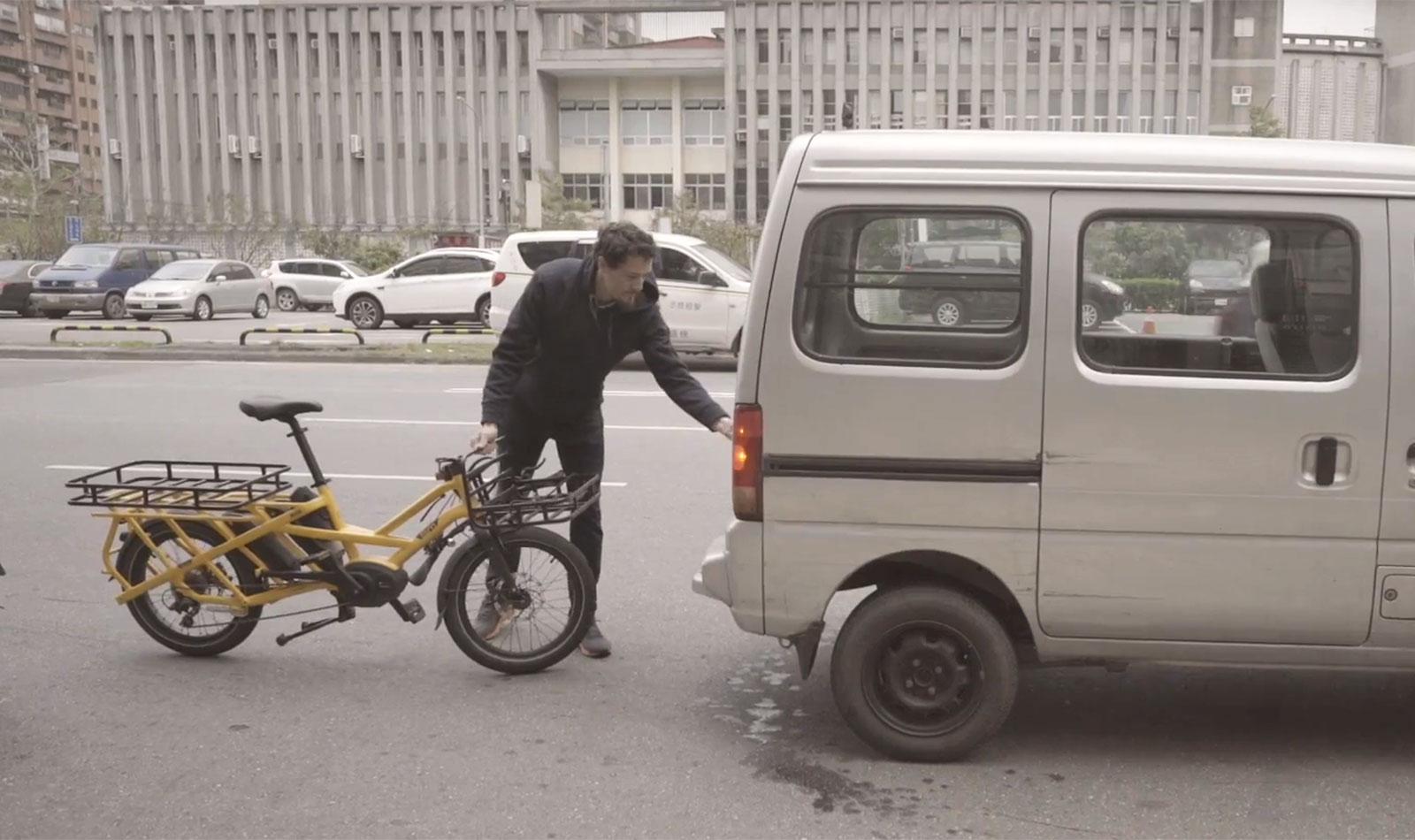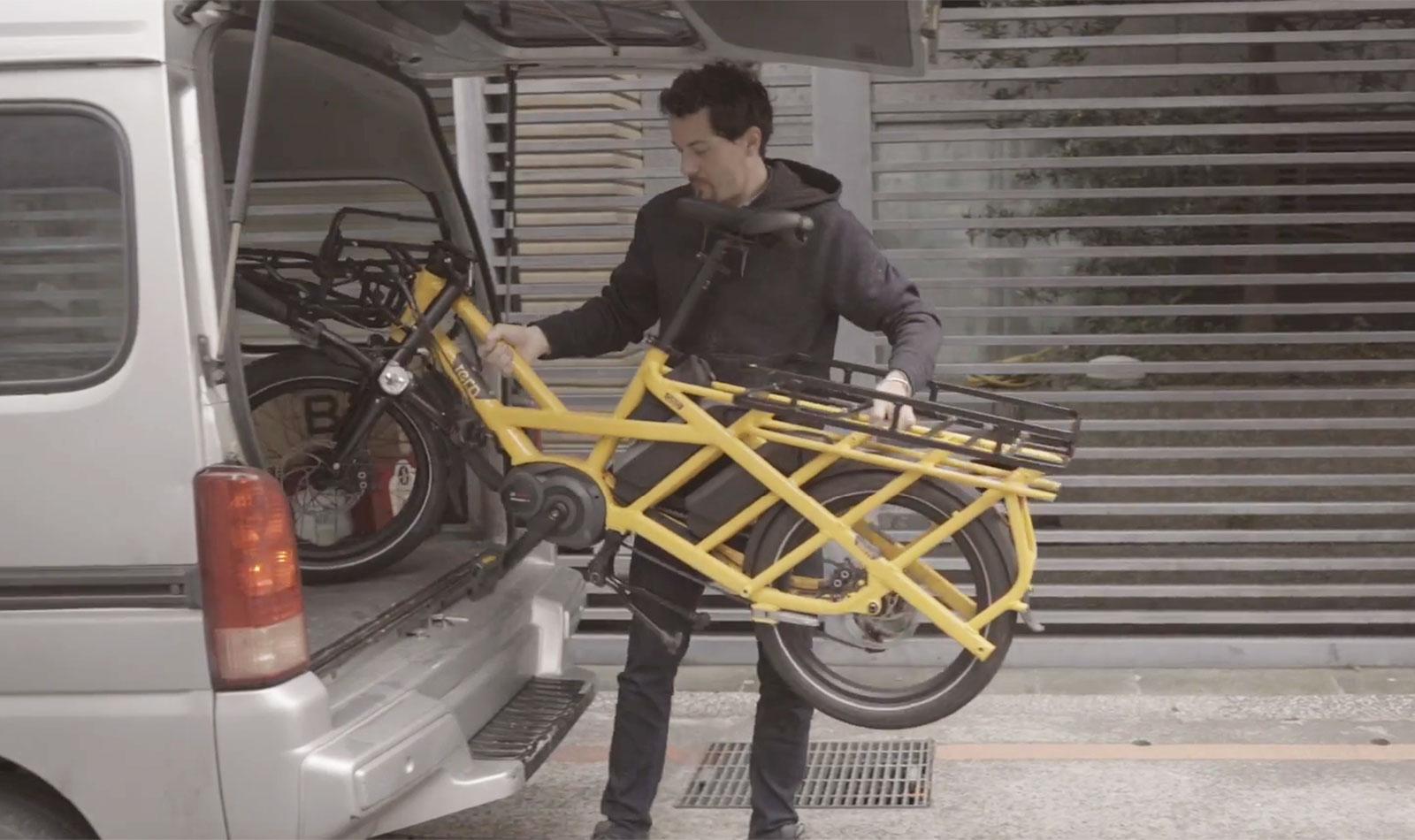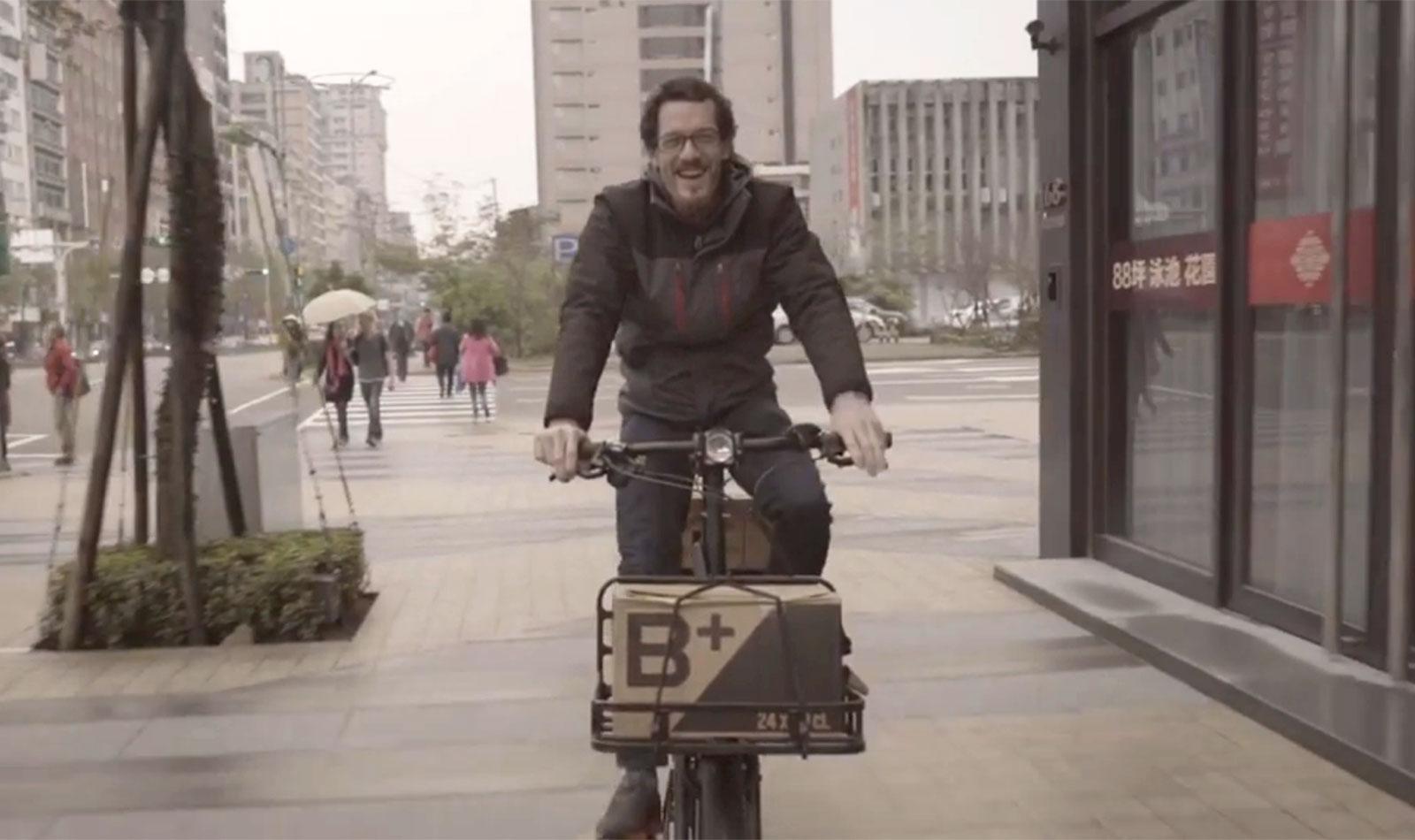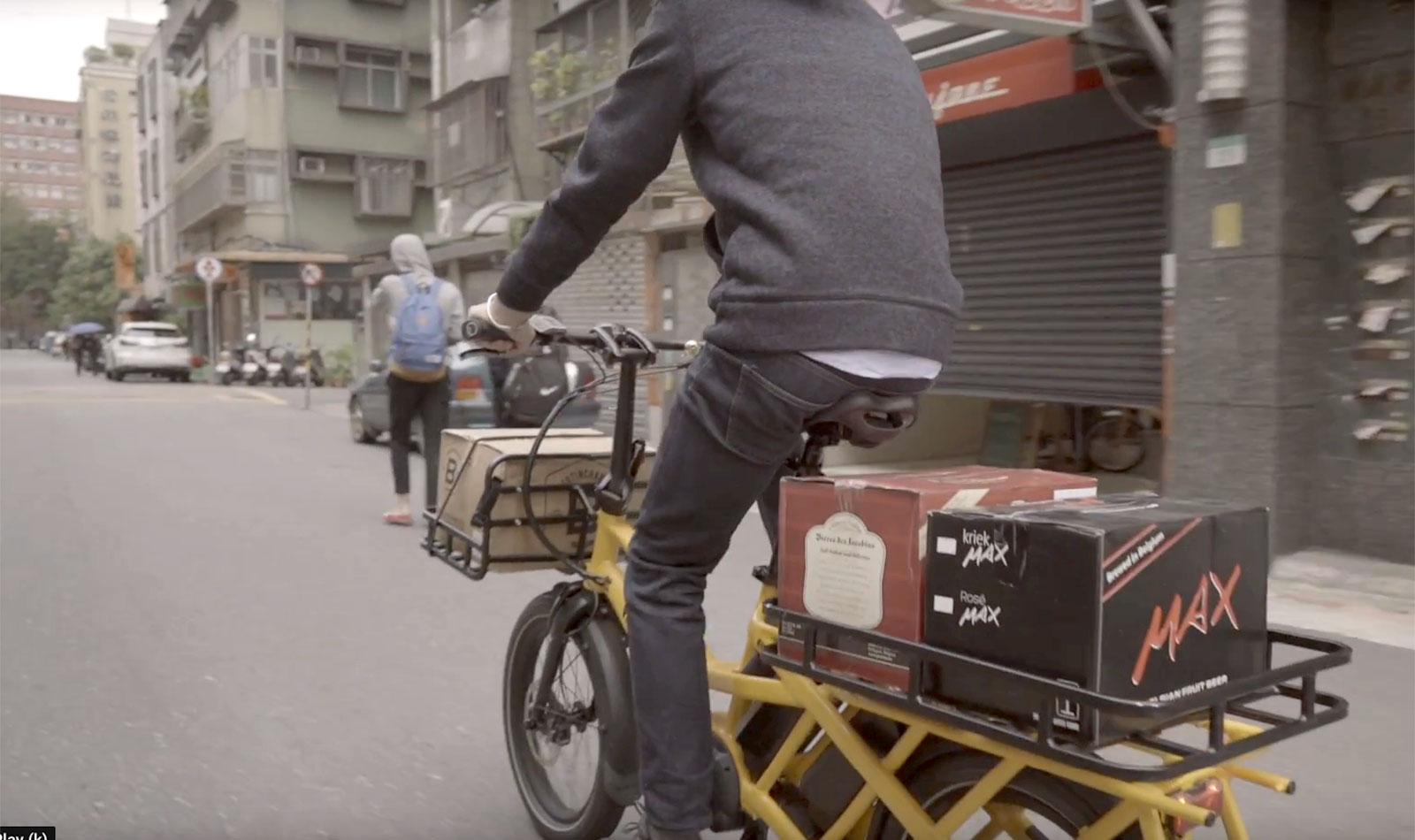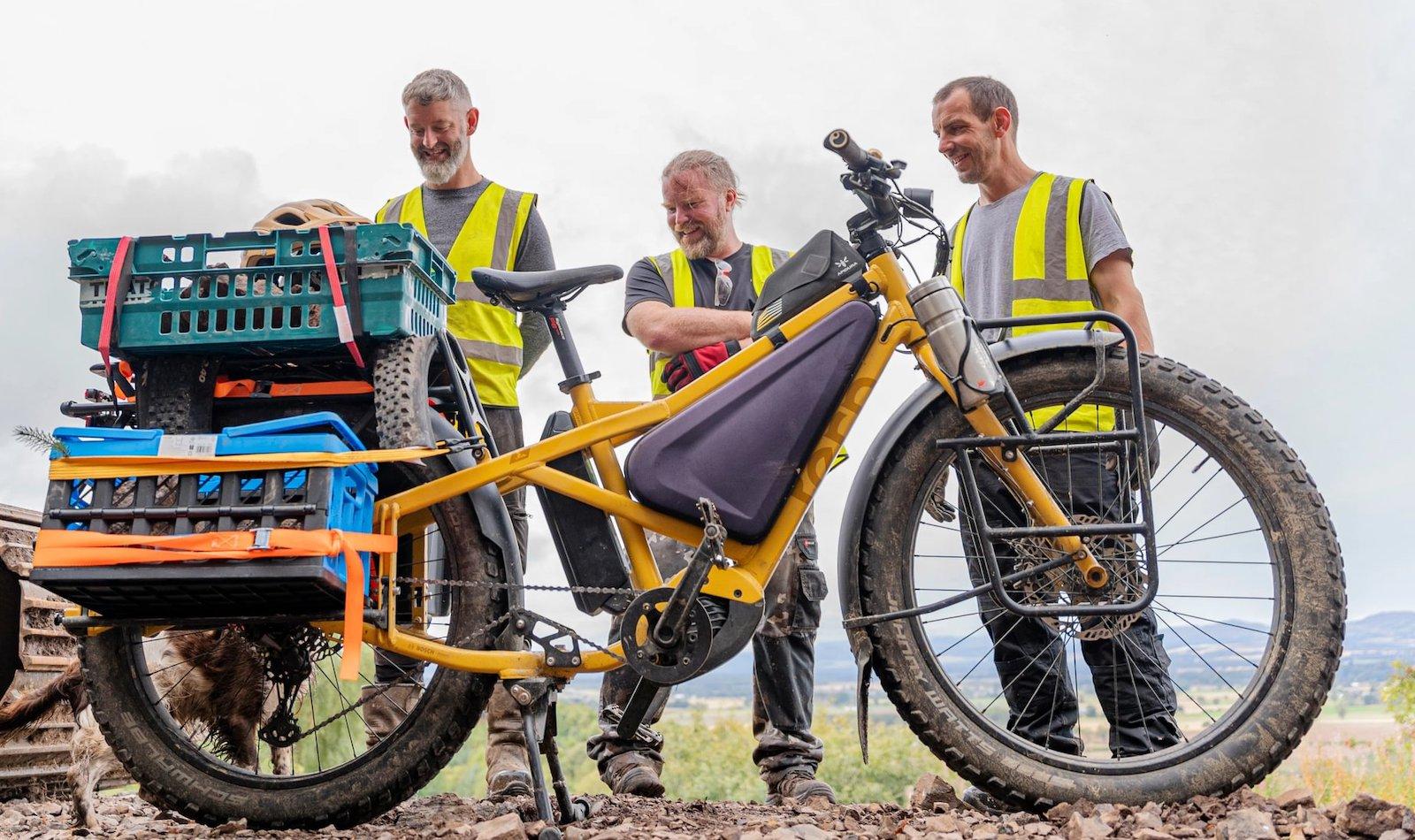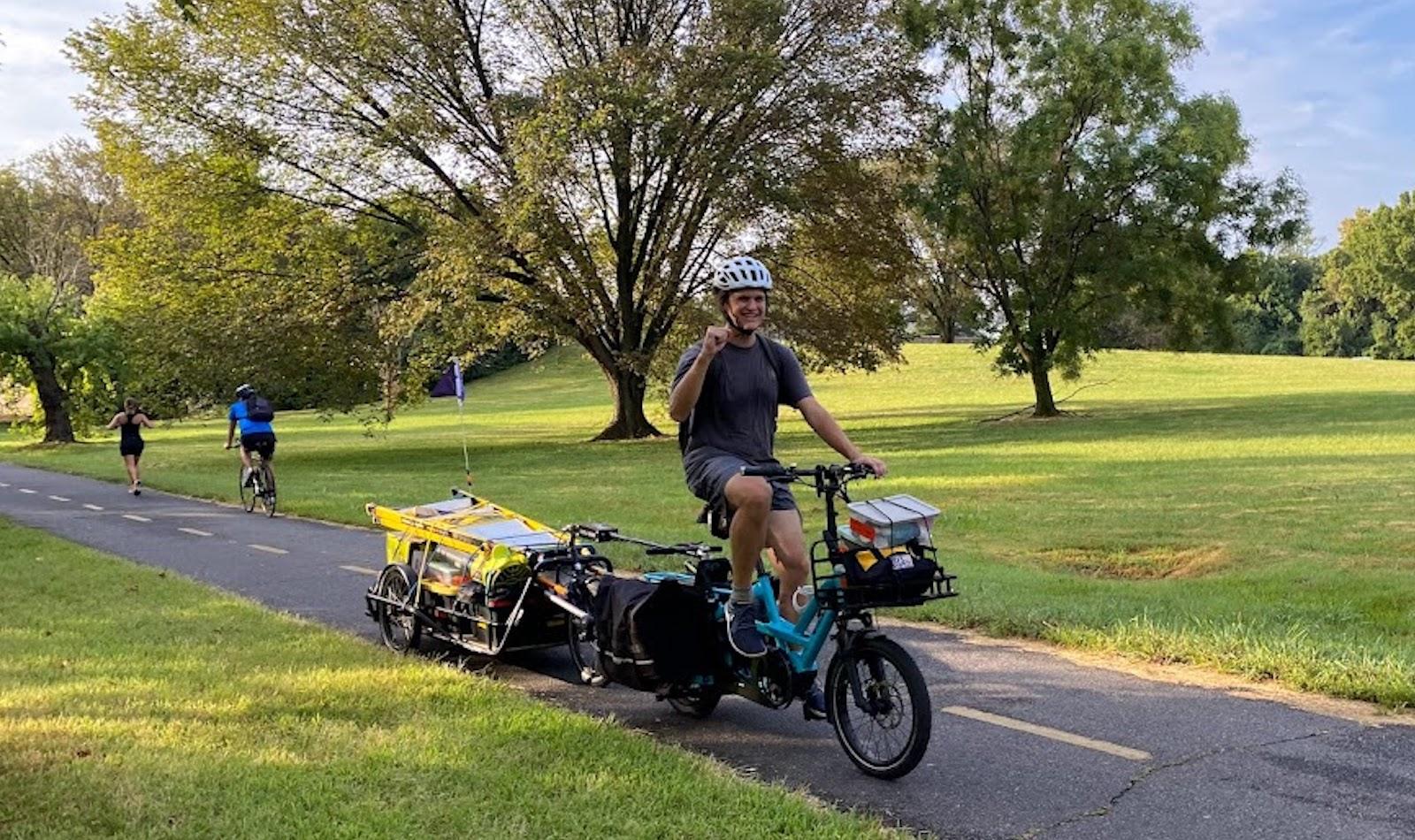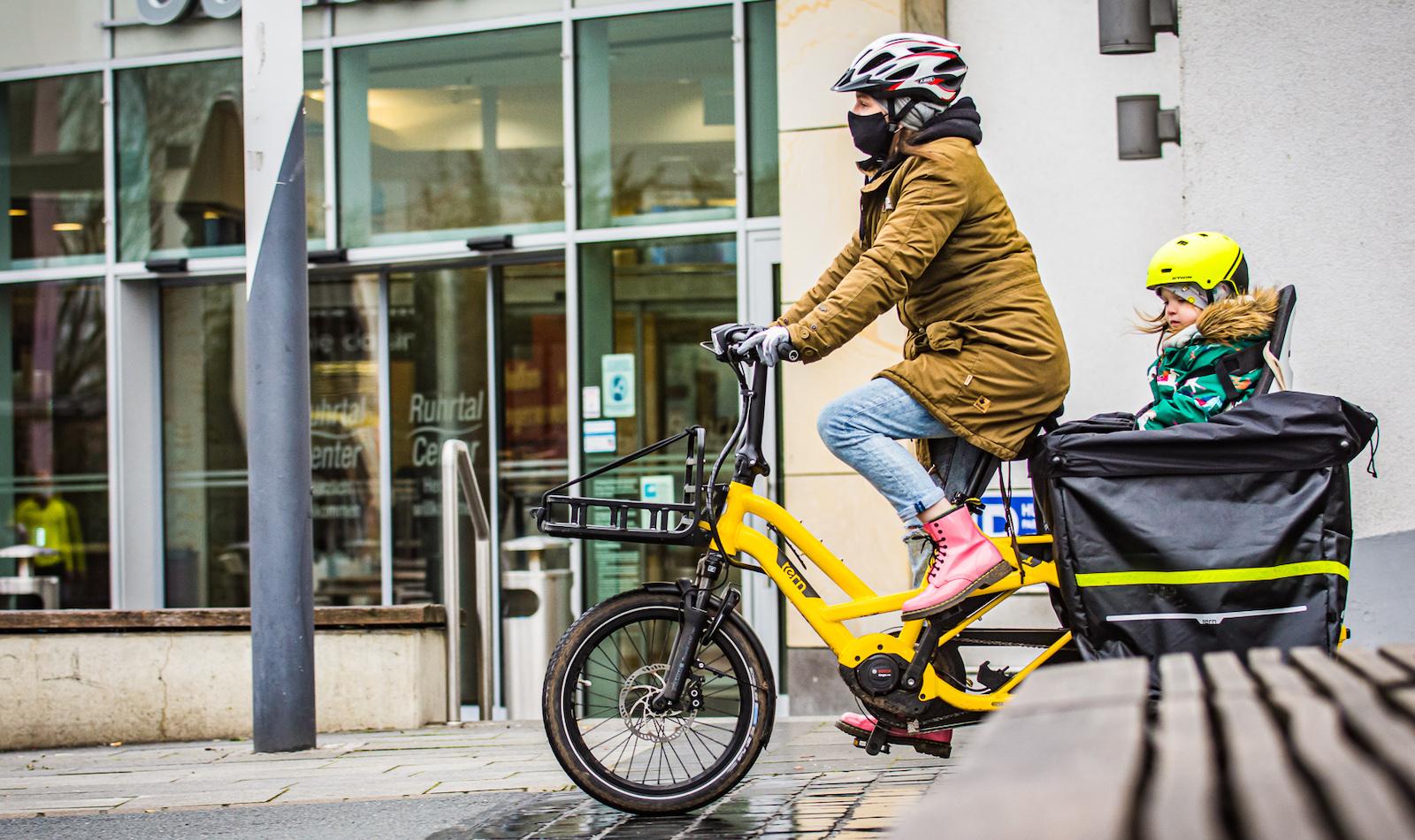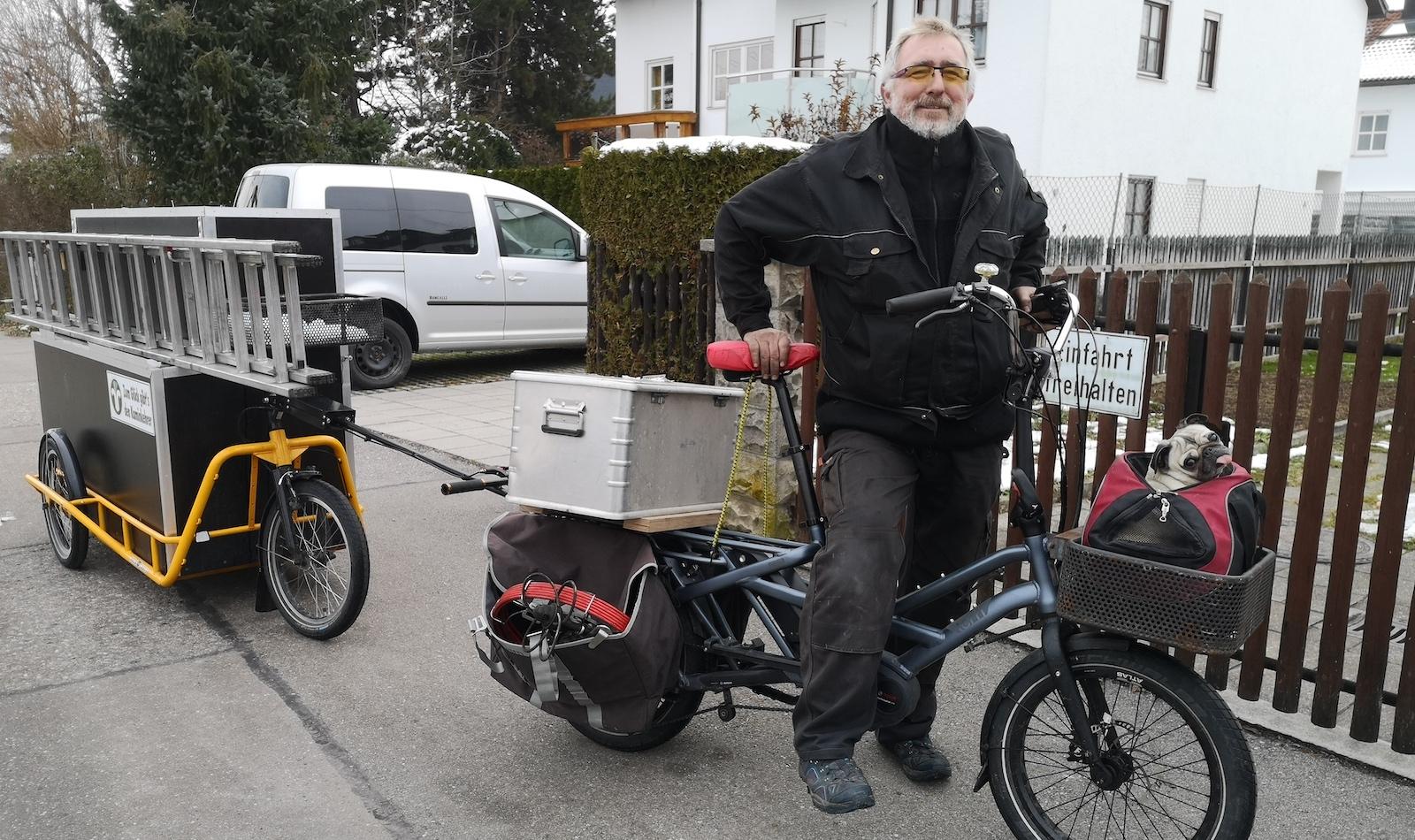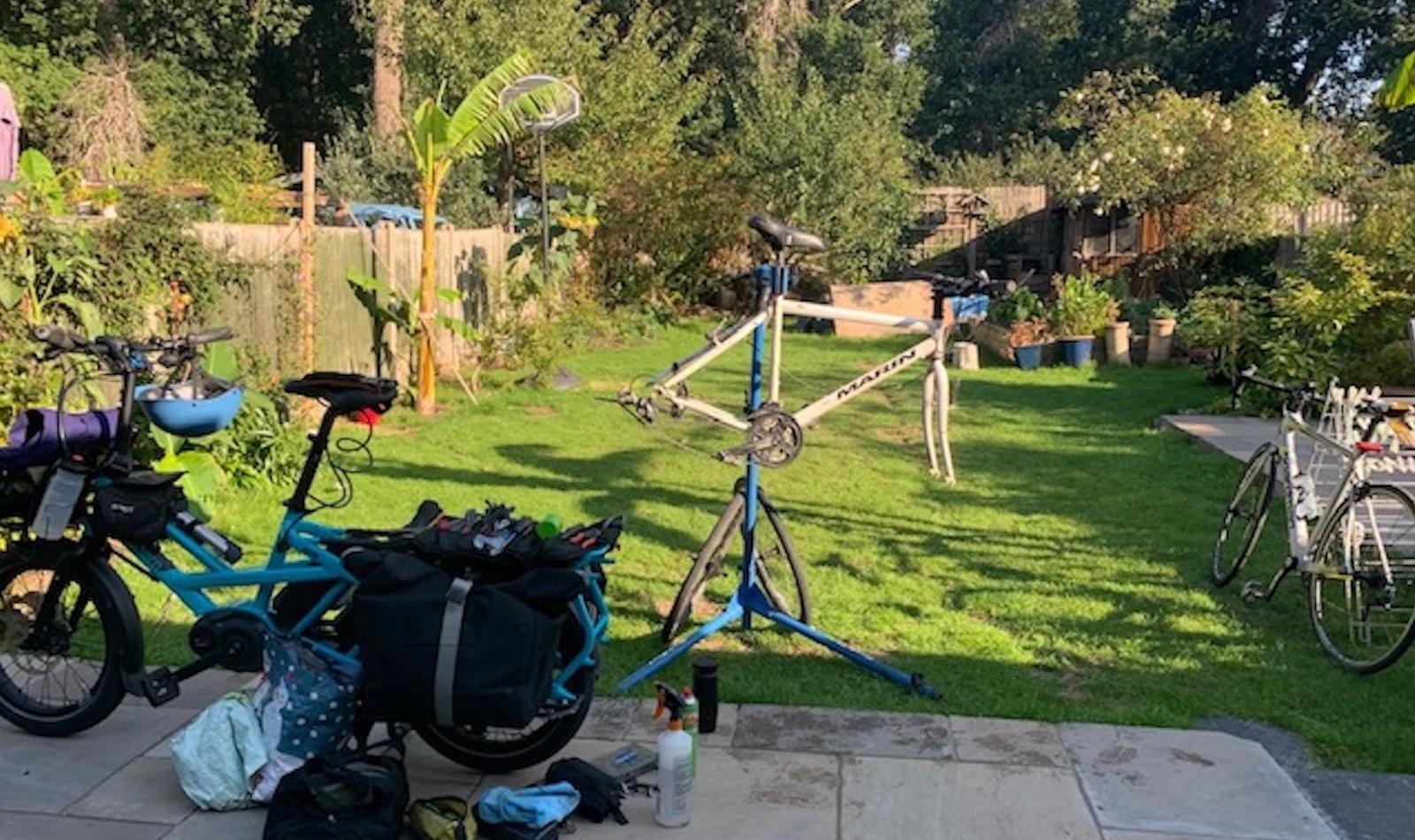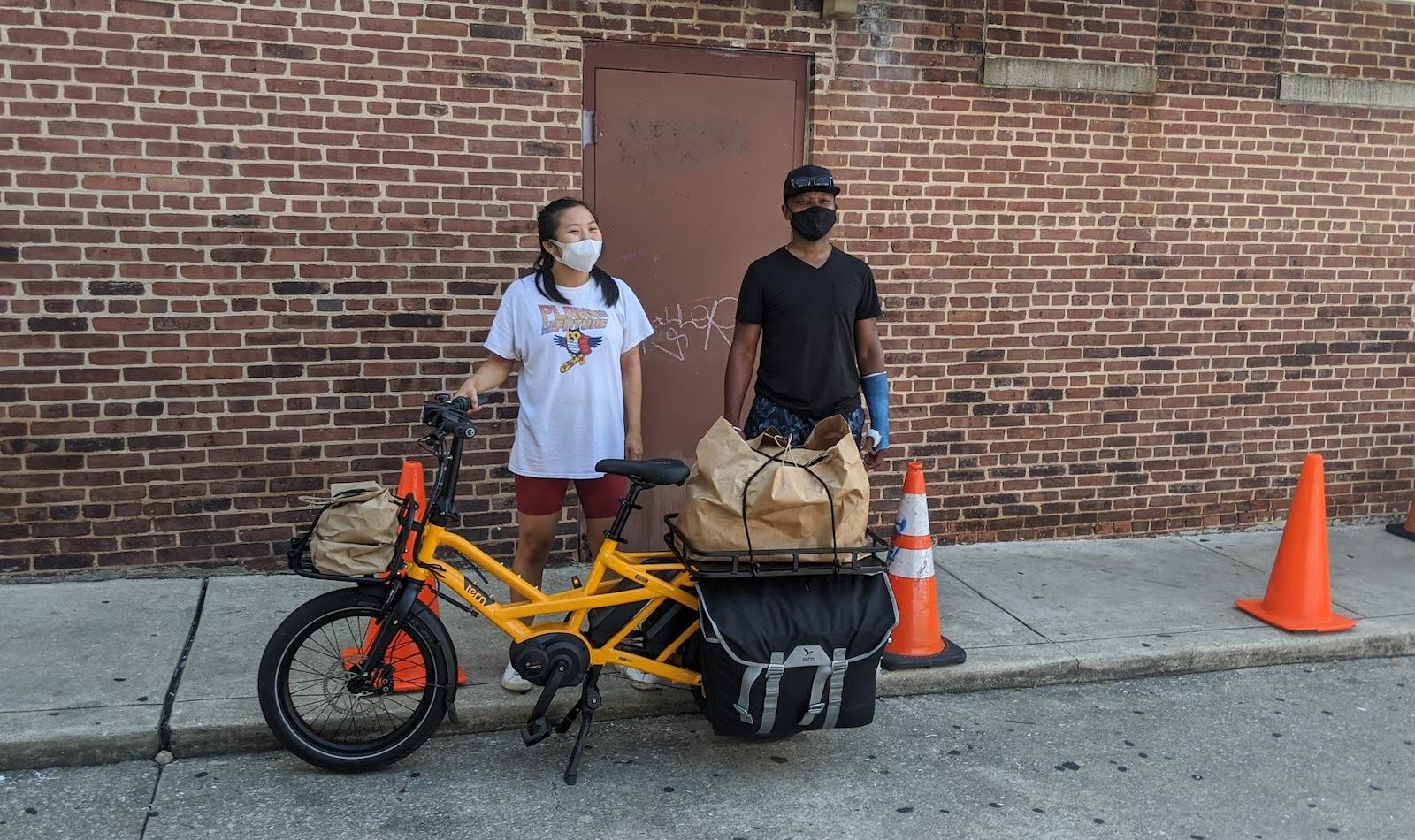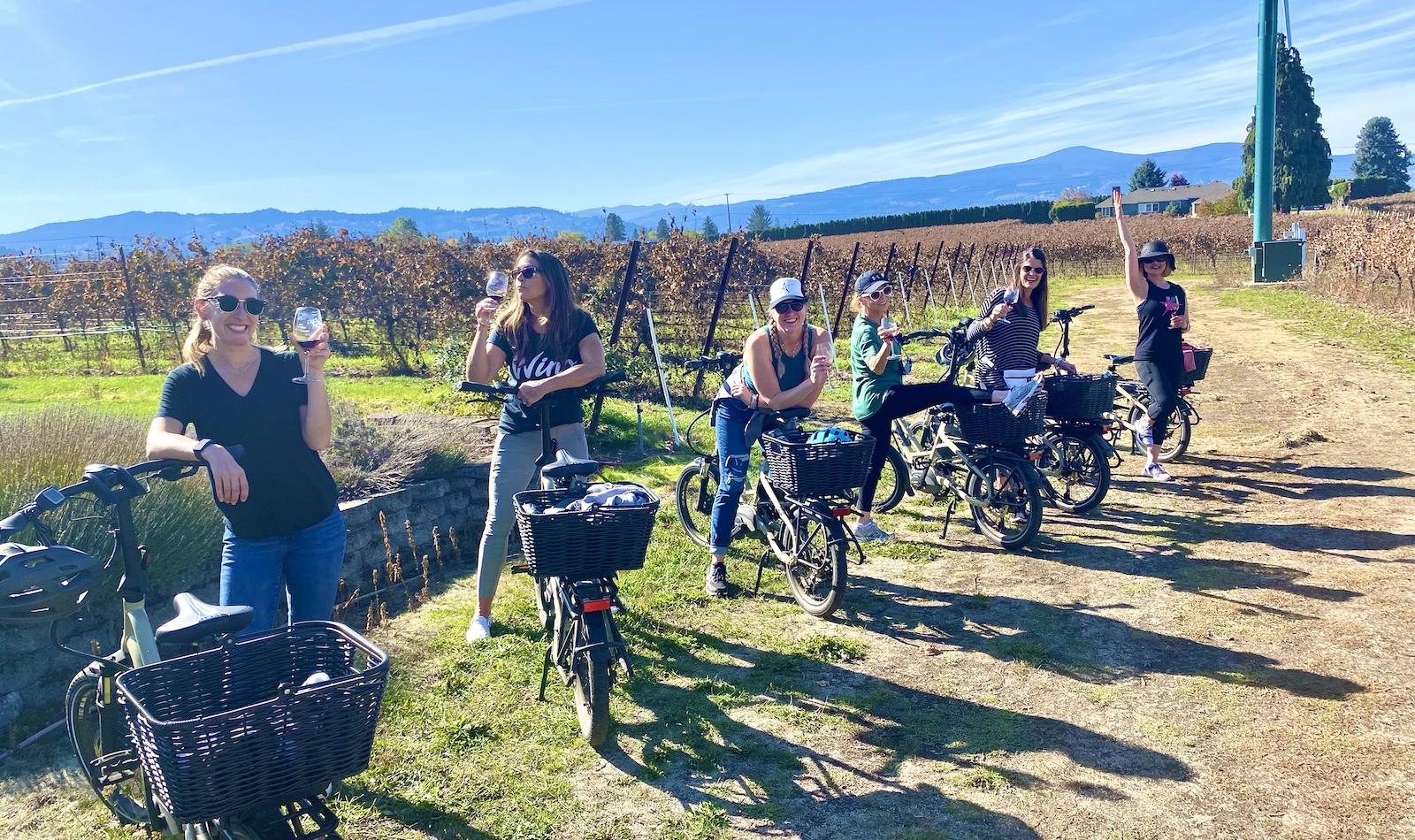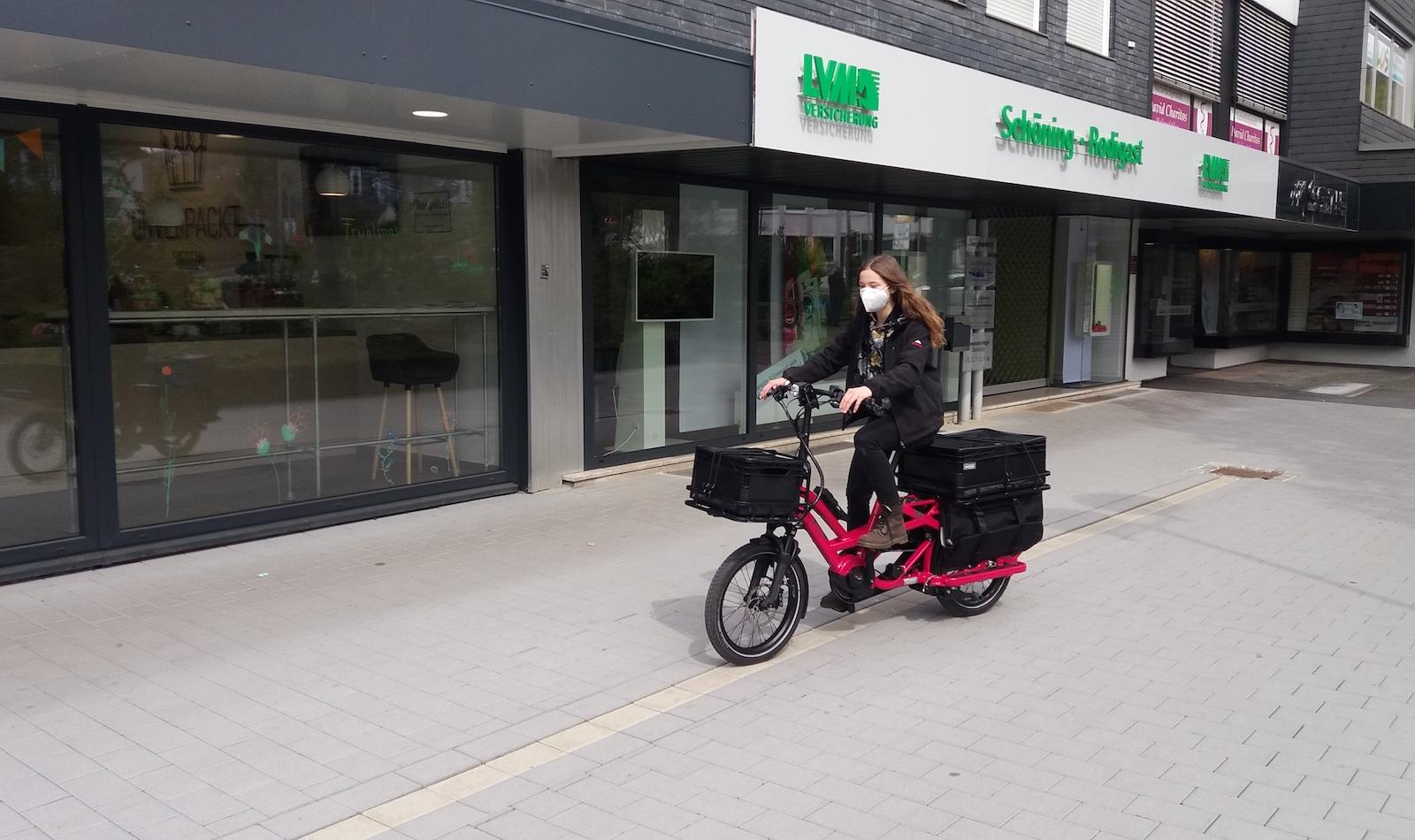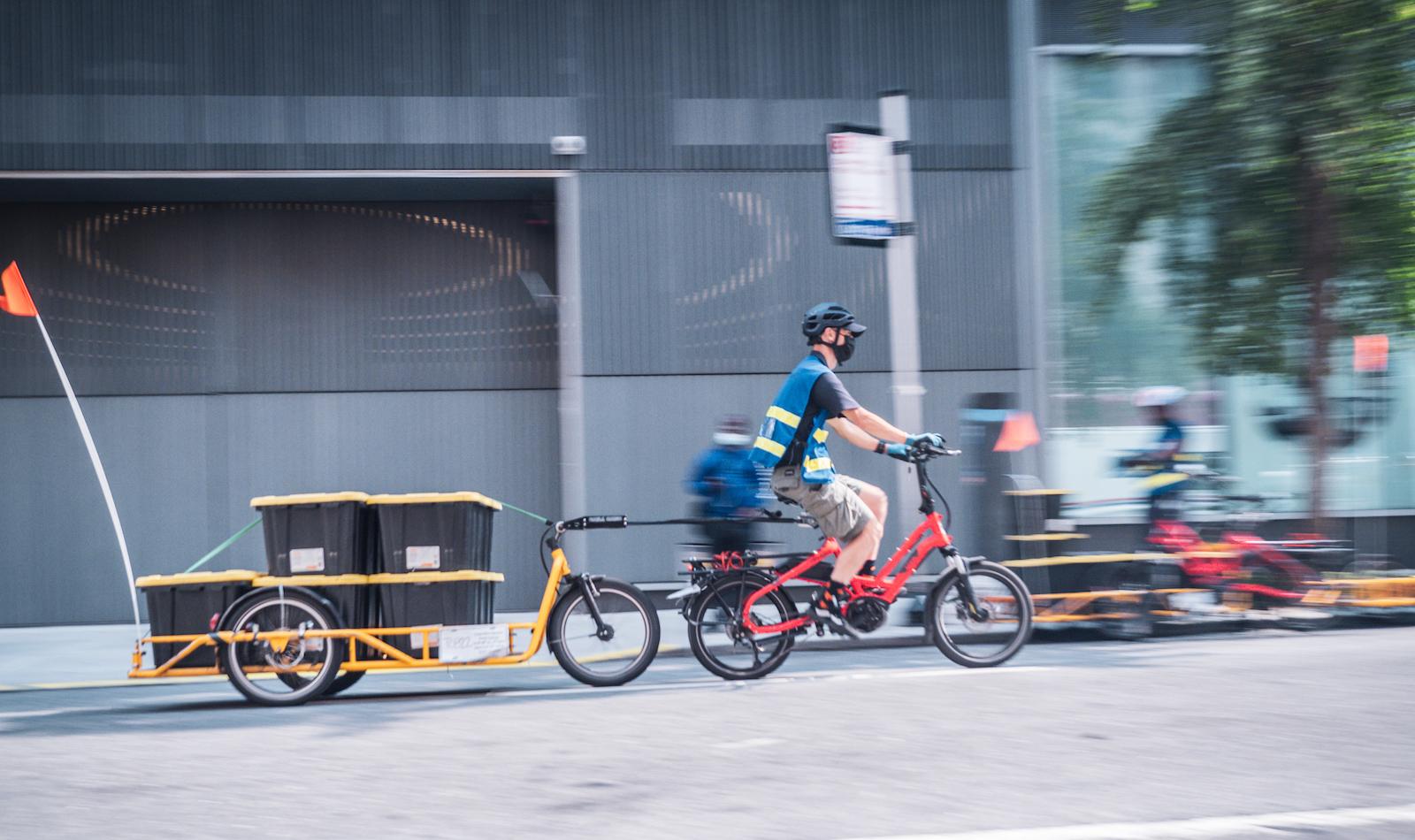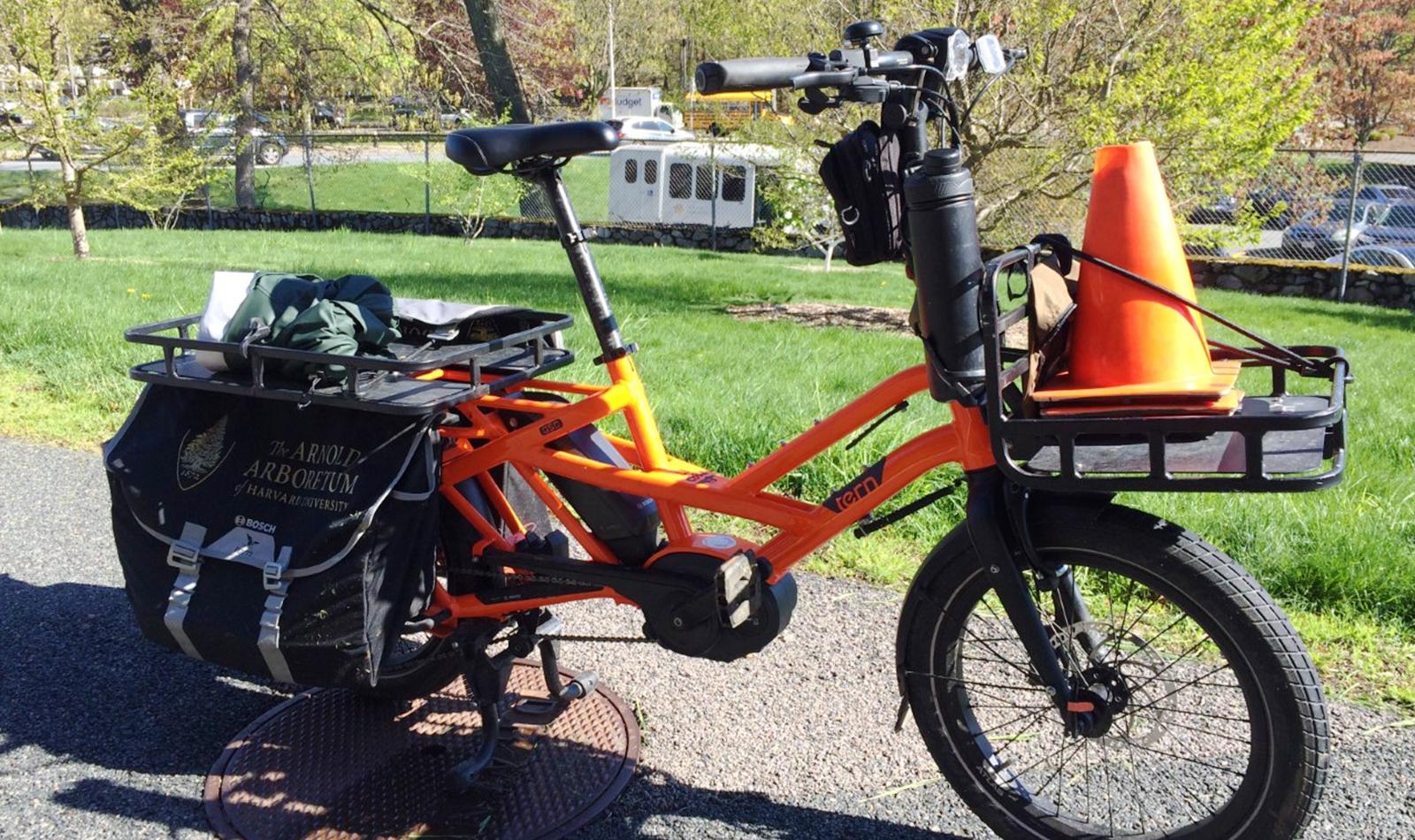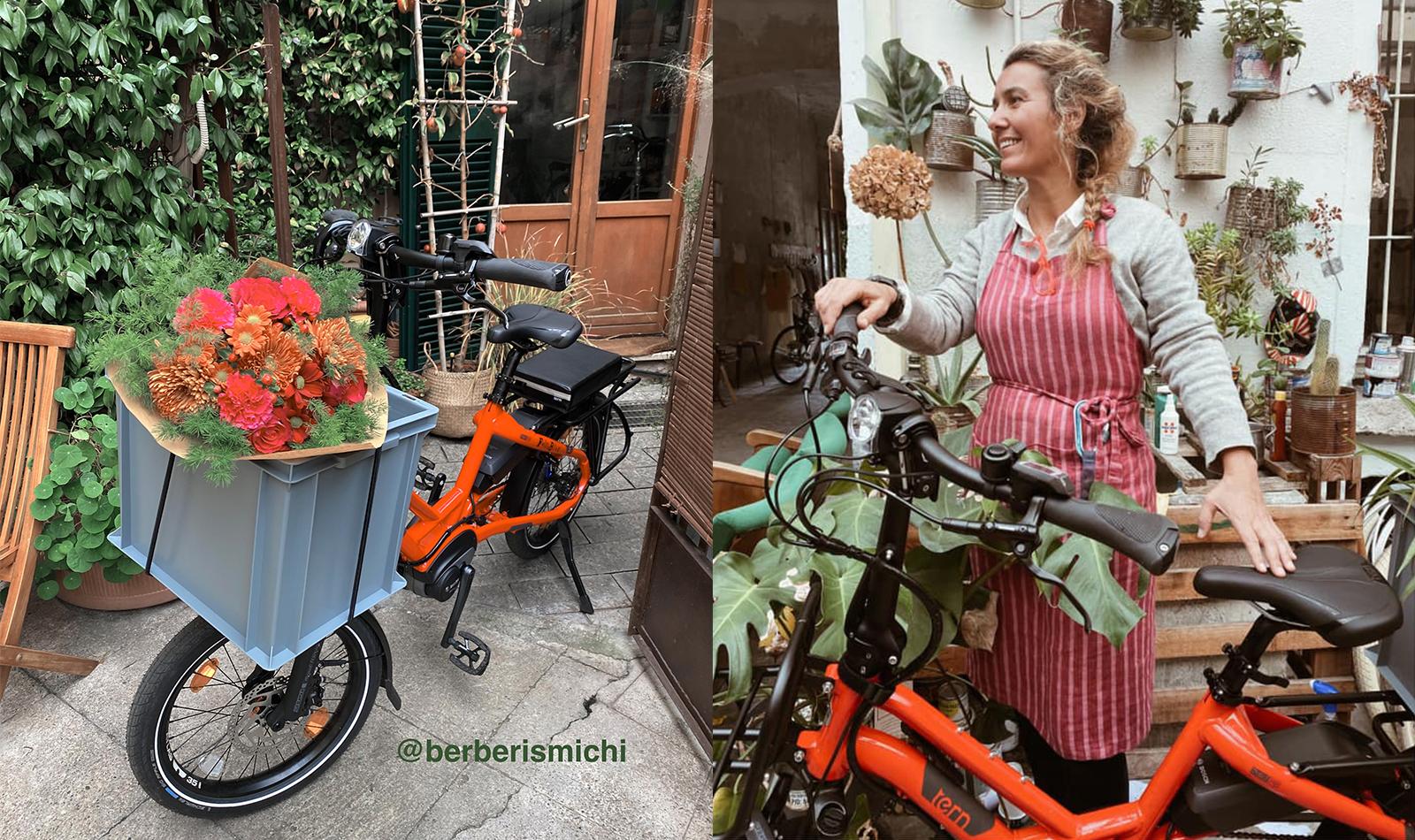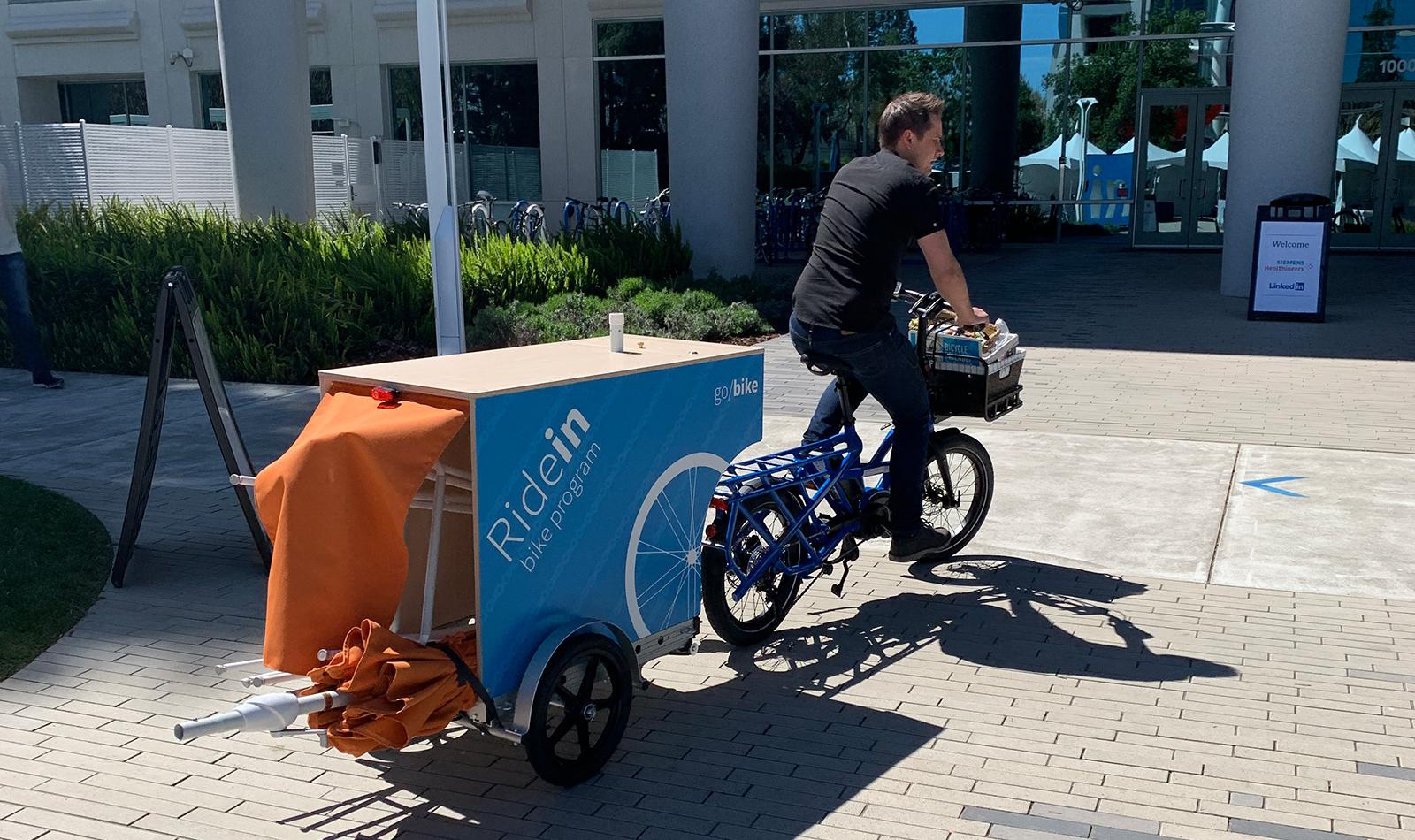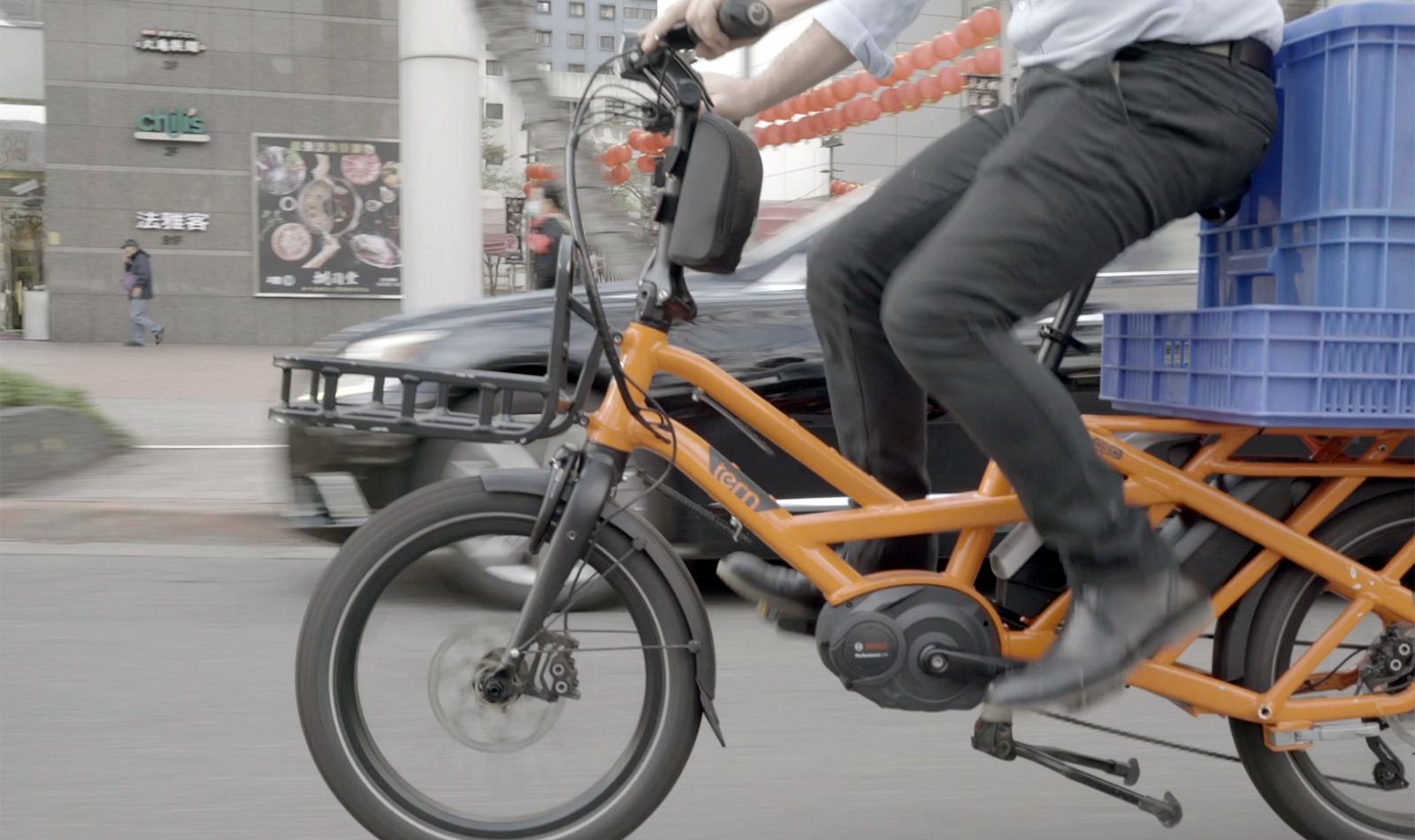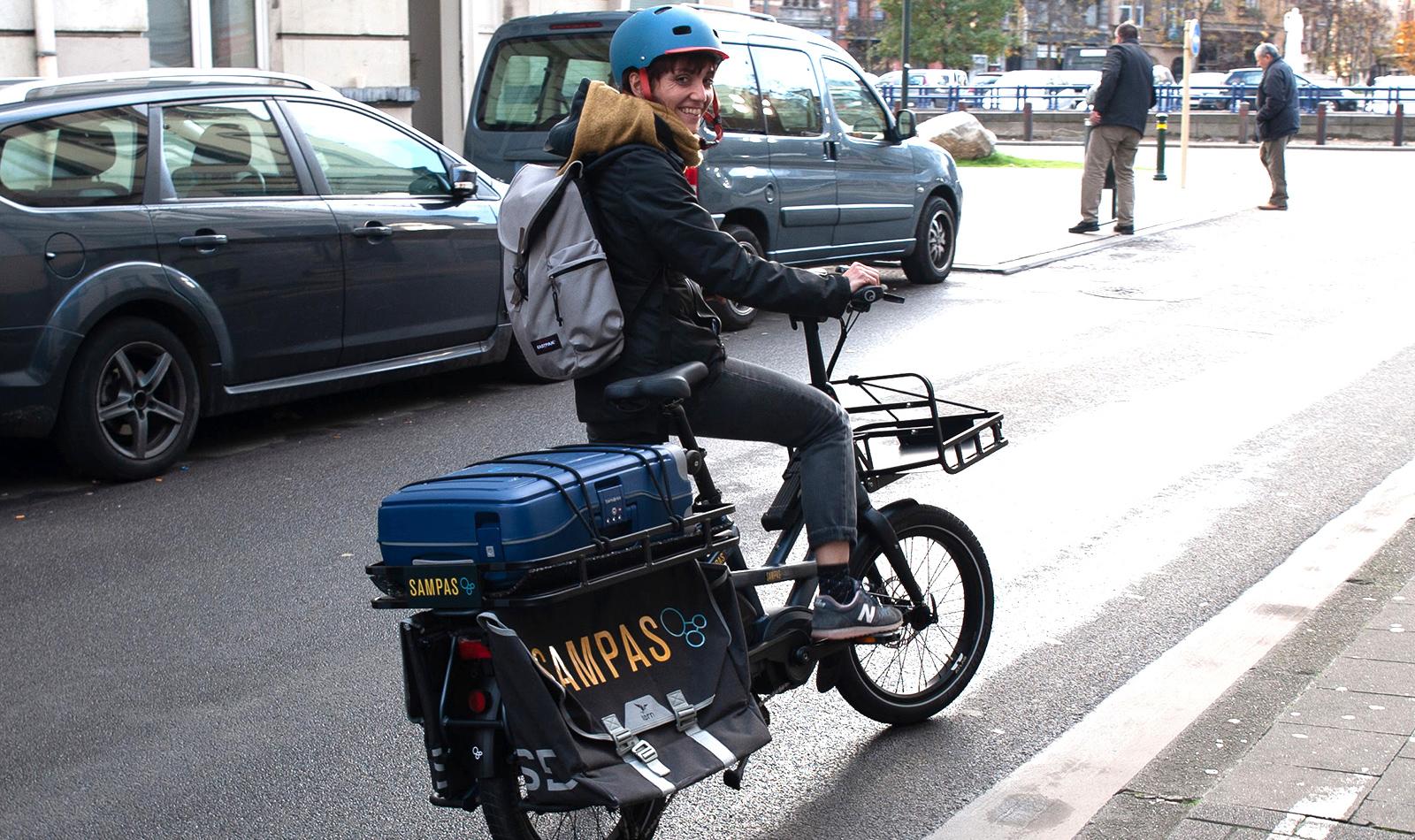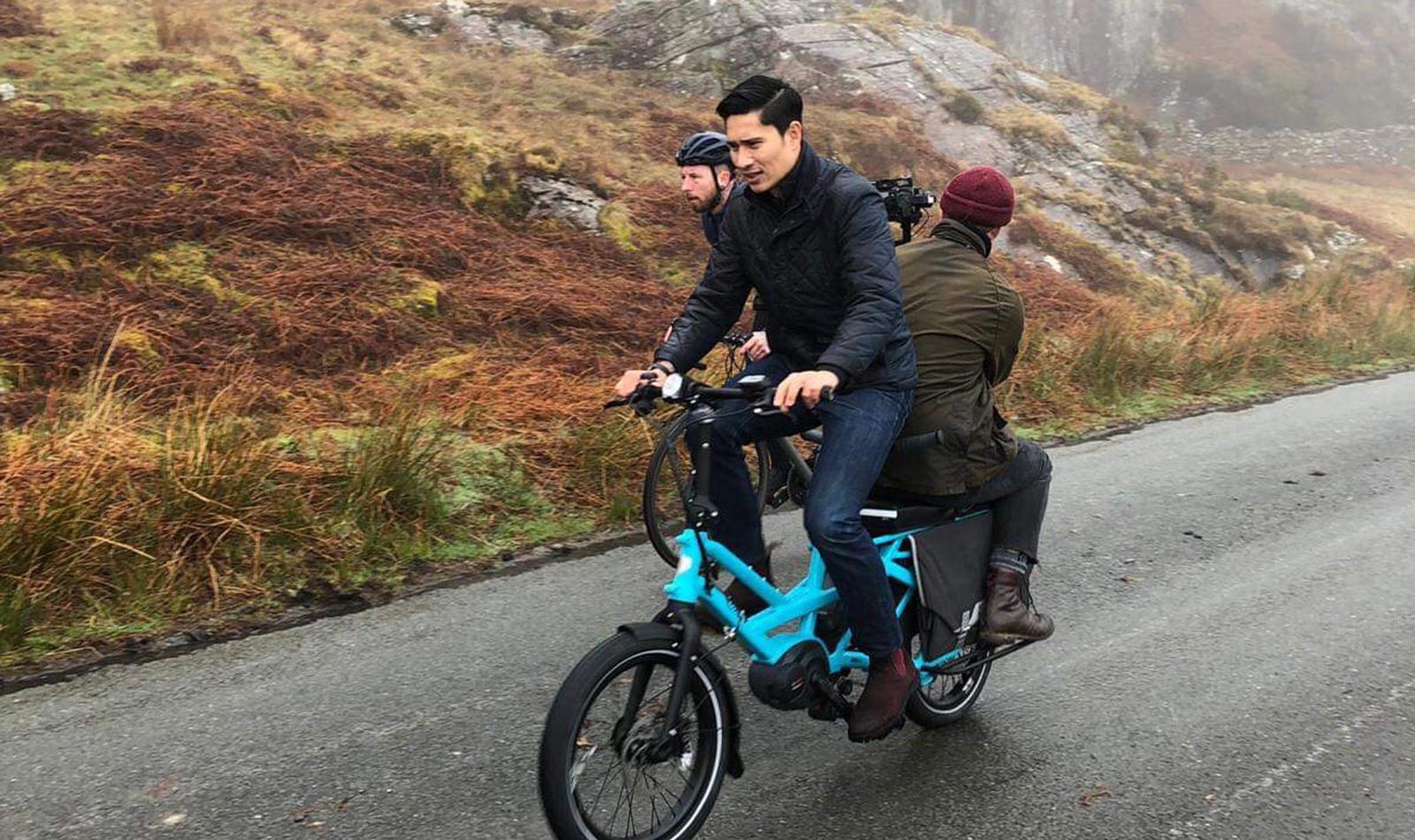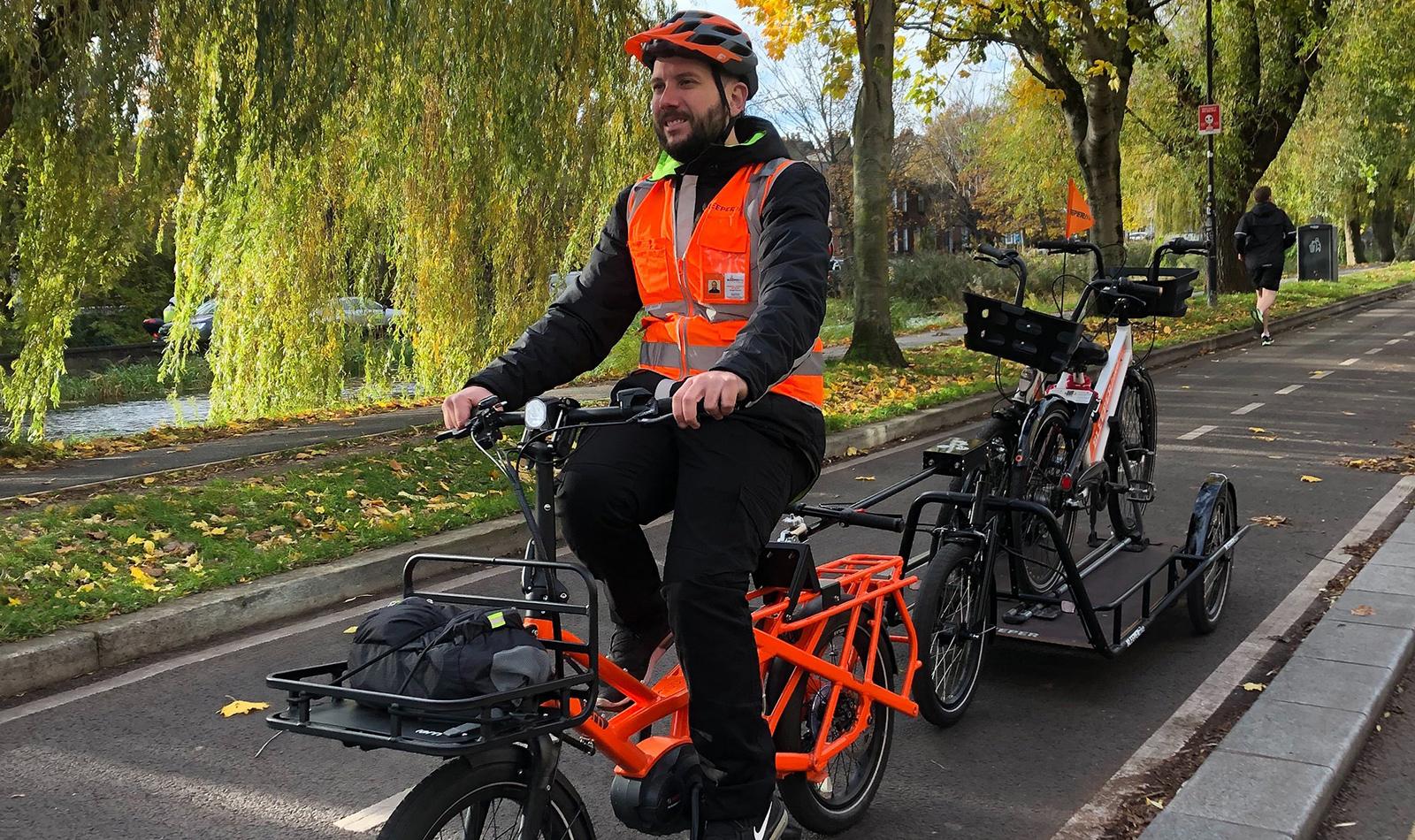Bilishi is a beer import and distribution company located in Taiwan. Co-founder Florian Janssen and his team offer a curated selection of Belgian microbrewery beers to bars, restaurants, and other partners throughout the country. Both Janssen and his business partner Marc Habran have deep roots in the beer brewing industry. Their expertise allows them to offer the best of Belgian beer to a market that’s thirsty for quality brews.
But bringing a taste of Belgium to Taiwan is no small feat. And although each bottle must travel thousands of miles before reaching its final destination, the last few miles of the journey can often make or break the trip.
A Commitment to Personal Delivery Brings Challenges
Taiwan’s congested and sometimes chaotic traffic makes getting beer from the distribution center to a client’s premises a real logistical challenge. Add in the fact that many bars and restaurants are located in narrow alleys shared by pedestrians, cyclists, and vehicles of all sizes, and you start to see why creative solutions are needed.
Janssen considered hiring a logistics company to come up with these solutions for him, but didn’t want to lose the personal connections with his partners that come from delivering the beer himself. So, he decided to embrace the reality of Taiwan’s scooter-oriented traffic infrastructure and deliver on two wheels. He found that by using either a motorcycle with a box on the back or a scooter, he could carry two crates of beer at a time.
The system worked—but Janssen still thought there was room for improvement. He wanted to be able to carry more boxes with each trip and eliminate some of the inefficiencies that come from using gas-powered vehicles to deliver. That’s when he started considering using a bicycle.
Not a Sacrifice: Bilishi Saves Money and Time by E-Biking
Janssen went out in search of a sturdy cargo bike with enough capacity to handle heavy beverage crates. A bike with e-assist would make the heavy loads manageable, even over longer distances. He landed on the Tern GSD, which allows him to carry three boxes of beer easily.
Because cycling requires a bit of effort from the rider—even with e-assist—some might worry about what they’re giving up by switching to bikes. But Janssen doesn’t see it that way.
“If I use the bike, compared to using the scooter or the motorcycle, I don’t see a sacrifice,” he says. “I actually think I’m gaining a lot of things. I’m getting exercise, staying in good shape. … It allows me not to pay more taxes [road taxes]. I don’t have to put any gasoline in it.”
Apart from the financial savings, Janssen says he saves a significant amount of time by using an e-bike instead of a motorcycle or scooter. That’s because bikes can bypass gridlocked traffic in a way other vehicles can’t. Janssen says he also spends much less time hunting for parking when he’s on the GSD. “A bicycle can park basically anywhere very easily without bothering anyone,” he points out.
The GSD’s flat-folding abilities have also allowed Janssen to optimize longer trips around the island. He simply loads the GSD into the back of his van, navigates the main roads by car, and then hops on the GSD to make the last mile of delivery quick and hassle-free.
Creating Change, One Delivery at a Time
Entrepreneurship requires flexibility and adaptability, and Janssen says that’s what the GSD represents to him. But it also represents his choice to work toward a better world through his everyday actions.
“I do believe that everyone has a role to play at all levels, starting from your own person,” he says. “So if you can reduce the amount of goods transported by road, bring it still on the road, but through bikes, a cleaner way of moving it—I do believe that it will change the world in the end.”
Could an e-bike be part of the change you’d like to help create? Contact us to learn more.


